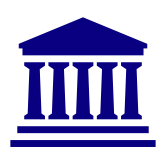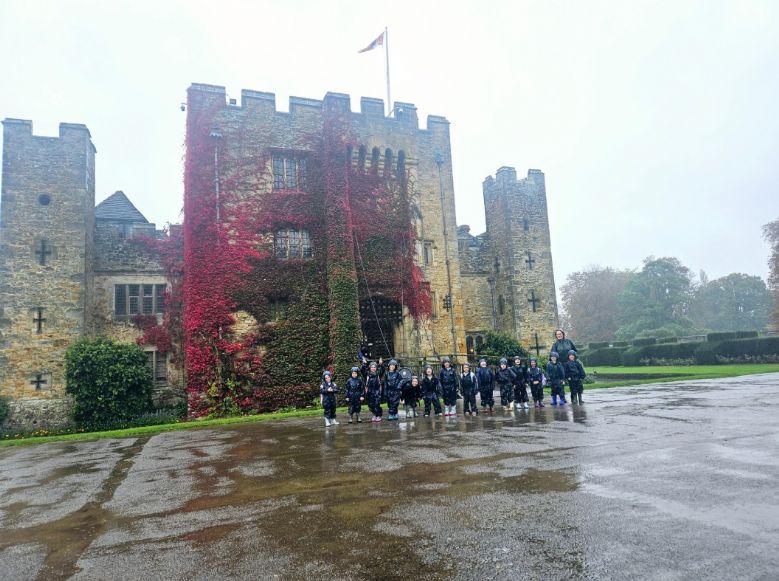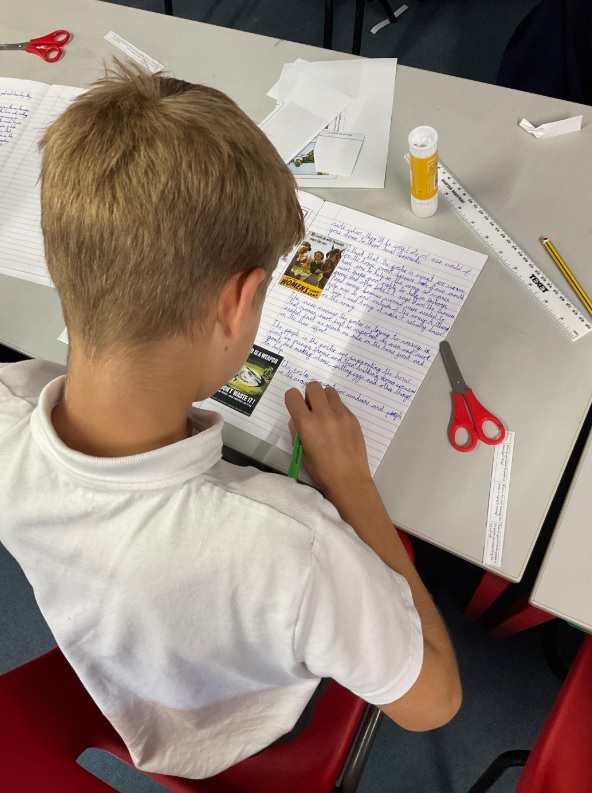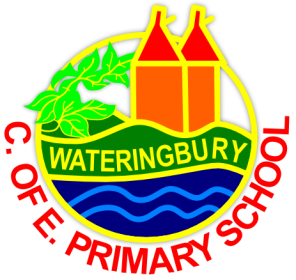History



AIMS
The national curriculum for history aims to ensure that all pupils:
- know and understand the history of these islands as a coherent, chronological narrative, from the earliest times to the present day: how people’s lives have shaped this nation and how Britain has influenced and been influenced by the wider world
- know and understand significant aspects of the history of the wider world: the nature of ancient civilisations; the expansion and dissolution of empires; characteristic features of past non-European societies; achievements and follies of mankind
- gain and deploy a historically grounded understanding of abstract terms such as ‘empire’, ‘civilisation’, ‘parliament’ and ‘peasantry’
- understand historical concepts such as continuity and change, cause and consequence, similarity, difference and significance, and use them to make connections, draw contrasts, analyse trends, frame historically-valid questions and create their own structured accounts, including written narratives and analyses
- understand the methods of historical enquiry, including how evidence is used rigorously to make historical claims, and discern how and why contrasting arguments and interpretations of the past have been constructed
- gain historical perspective by placing their growing knowledge into different contexts, understanding the connections between local, regional, national and international history; between cultural, economic, military, political, religious and social history; and between short- and long-term timescales.
INTENT
At Wateringbury, we use the Grammarsaurus history scheme as the starting point for our lessons. We aim to encourage a sense of curiosity about the wider world and develop children’s creativity in response to facts and sources. Children should develop a cohesive overview of both local, national and international history. Pupils will be taught how to think critically, to analyse and explain historical evidence, whilst developing a stronger sense of chronology.
Children will learn about a diverse range of societies: this will foster greater insight into the human condition and a more sophisticated appreciation of the lives of other people.
IMPLEMENTATION
Through history, we can:
-
Improve pupils' skills in literacy, numeracy and ICT.
-
Develop pupils' analytical and metacognition skills.
-
Promote pupils' awareness and understanding of cultural issues.
-
Develop pupils as active citizens.
Strategies for the Teaching of History
Teaching and learning in history will be in line with the school's Teaching and Learning Policy, where provision is made for all learning, which will include a range of teaching and learning strategies to meet children’s needs.
The history curriculum at Wateringbury is designed to provide children with learning opportunities that reflect the breadth and balance of contexts outlined in the National Curriculum.
As an integral part of the teaching and learning of history, children will be given the opportunity to undertake research, sifting through evidence and put across their point of view in a variety of ways. Where appropriate educational visits, artefacts and visitors to school are used to enrich learning.
IMPACT
The expected impact of following our scheme of work is that children will:
- Know and understand the history of these islands as a coherent, chronological narrative, from the earliest times to the present day: how people’s lives have shaped this nation and how Britain has influenced and been influenced by the wider world
- Know and understand significant aspects of the history of the wider world: the nature of ancient civilisations; the expansion and dissolution of empires; characteristic features of past non-European societies; achievements and follies of mankind
- Gain and deploy a historically grounded understanding of abstract terms such as ‘empire’, ‘civilisation’, ‘parliament’ and ‘peasantry’
- Understand historical concepts such as continuity and change, cause and consequence, similarity, difference and significance, and use them to make connections, draw contrasts, analyse trends, frame historically valid questions and create their own structured accounts, including written narratives and analyses
- Understand the methods of historical enquiry, including how evidence is used rigorously to make historical claims, and discern how and why contrasting arguments and interpretations of the past have been constructed
- Gain historical perspective by placing their growing knowledge into different contexts, understanding the connections between local, regional, national and international history; between cultural, economic, military, political, religious and social history; and between short- and long-term timescales.
